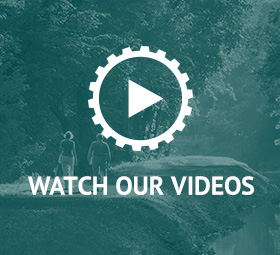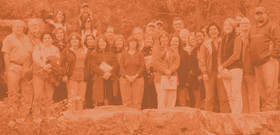Log Field Notes


Along the way you collected observations, data, and outcomes. That’s the building blocks needed to create new knowledge and improve on projects. Now you and the team need to spend some time to inform what worked and what could be better.

When to do this
Depending on the project there may be certain times that make logical times to do this. For shorter projects that are repeated you might do it at the end of each cycle or after a set number of cycles to have a bigger sample size. For longer on going projects it might be good to evaluate at set time periods like every quarter or at the end of a trail season. For multi-year projects you can evaluate when you reach major milestones along the way. The most important thing is that you make time for you and your team to evaluate the project regardless of when it happens. Any evaluation is better than none.
How to do this
This can be a formal or informal process. Think back to the beginning of the project and reflect back on what you would have liked to told your team that you now know. What worked and what didn’t? What can be improved or eliminated? Focus back in on the overall goals, project plan, key performance indicators (KPIs), and success metrics. Did you meet the goals? What happened with the KPIs? Do you have data to support these claims? Make sure to look at both qualitative and quantitative aspects and capture both so the next time through the process you can do a better job. Often standardizing evaluation, KPIs and reports will help you improve efficiency and track outcomes on a long term biases.
Turn data into knowledge
Data is boring. Most people will not have the time or ability to really look at it. It’s on you and your team to turn that data into knowledge. Knowledge is actionable information that is built on data and observations that can be used to improve projects or alter outcomes. What are the key questions that you and your team have? Often framing goals and objectives as questions will help you use data to answer the questions and create new knowledge.
Constructive criticism aimed at the project
When you and your team are doing this evaluation remember that the ultimate goal is to improve the project or process so the next time around you do a better job. We all can find errors and faults to pick with anything. Ultimately you and your team want to create the best project, so constructive criticism aimed at improving the project is the goal. Often people’s feelings and emotions can get tied up with a project. It’s important to explicitly remind team members to take a step back and be open and honest about ways to improve projects and to share these improvements in a healthy and productive manner.
Know that you have new knowledge supported by data it is time to become the guide, celebrate and share the news.










